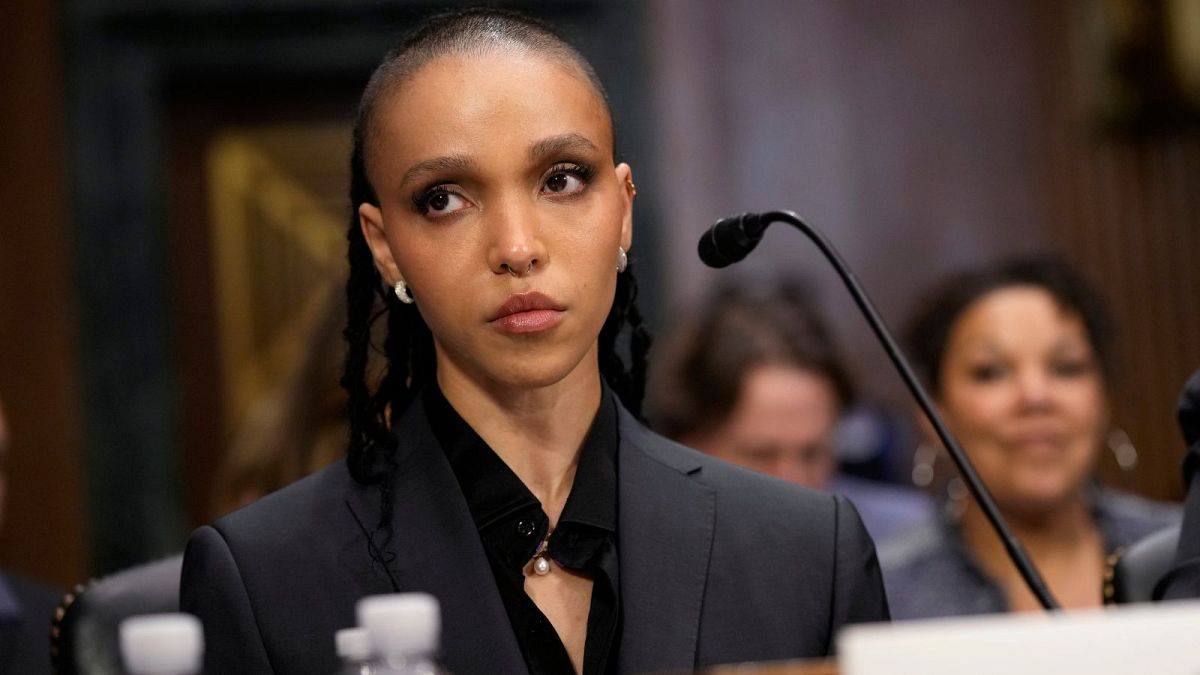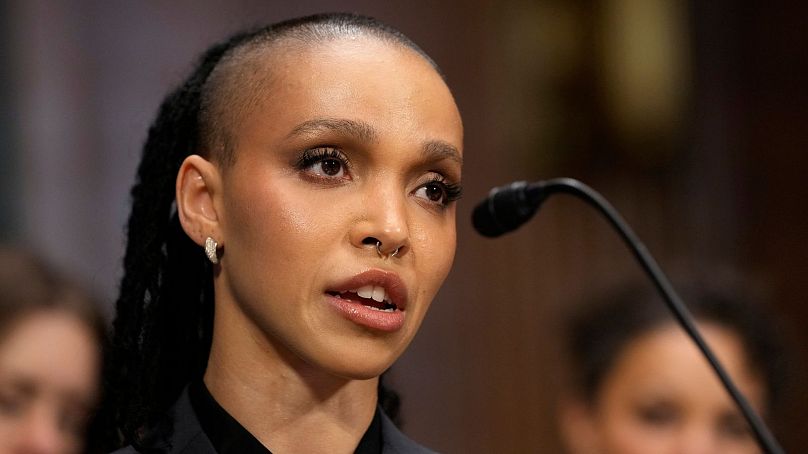FKA Twigs has revealed that she has created an AI clone of herself, while condemning unauthorised deepfakes.
British singer-songwriter-dancer FKA Twigs has revealed that she has developed a deepfake version of herself, specifically to interact with fans online.
Deepfakes are created using artificial intelligence to make a photo or video of someone by manipulating their face or body.
According to Rolling Stone, the online version of the artist will go by ‘AI Twigs’, and will speak several languages. It will be rolled out later this year to help her maintain a connection with fans while she focuses on making new music.
“In the past year, I have developed my own deepfake version of myself that is not only trained in my personality but also can use my exact tone of voice to speak many languages,” wrote the artist, whose real name is Tahliah Debrett Barnett.
“I will be engaging my AI Twigs later this year to extend my reach and handle my online social media interactions, whilst I continue to focus on my art from the comfort and solace of my studio.”
The 36-year-old singer explained how artificial intelligence can be used when an artist gives their consent: “These and similar emerging technologies are highly valuable tools both artistically and commercially when under the control of the artist.”
FKA Twigs put forward her testimony when addressing a US Senate intellectual property hearing, the Senate Judiciary Subcommittee on Privacy, Technology, and the Law, regarding the No Fakes Act, which aims to crack down on unauthorised replicas and protect public figures from the unauthorised use of names, images and likenesses for AI.
She told the hearing about songs and collaborations with other artists that exist online, which she had nothing to do with.
"The fact that somebody could take my voice, change lyrics, change messaging, maybe work with an artist that I didn't want to work with, or maybe work with an artist that I wanted to work with and now the surprise is ruined, it really leaves me very raw and very vulnerable," she said.
“That the very essence of our being at its most human level can be violated by the unscrupulous use of AI to create a digital facsimile that purports to be us, and our work, is inherently wrong,” she added. “It is therefore vital that as an industry and as legislators we work together to ensure we do all we can to protect our creative and intellectual rights as well as the very basis of who we are.”
She added: "My spirit, my artist and my brand is my brand, and I've spent years developing it. And it's mine, it doesn't belong to anybody else to be used in a commercial sense, or cultural sense, or even just for a laugh. I am me, I am a human being, and we have to protect that."
A recent UK report found that most of the public want regulation to prevent deepfakes of big-name artists such as Dua Lipa and Taylor Swift, and last month, more than 200 artists signed an open letter objecting to the "predatory" use of AI to "steal professional artists' voices and likenesses".
Also last month, it was reported that the creation of sexually explicit “deepfake” images is to be made a criminal offence in England and Wales. The UK government confirmed a new law will be created and anyone making explicit images of an adult without their consent will face a criminal record and an unlimited fine.
The Ministry of Justice said this will apply regardless of whether the creator of the image intended to share it.




